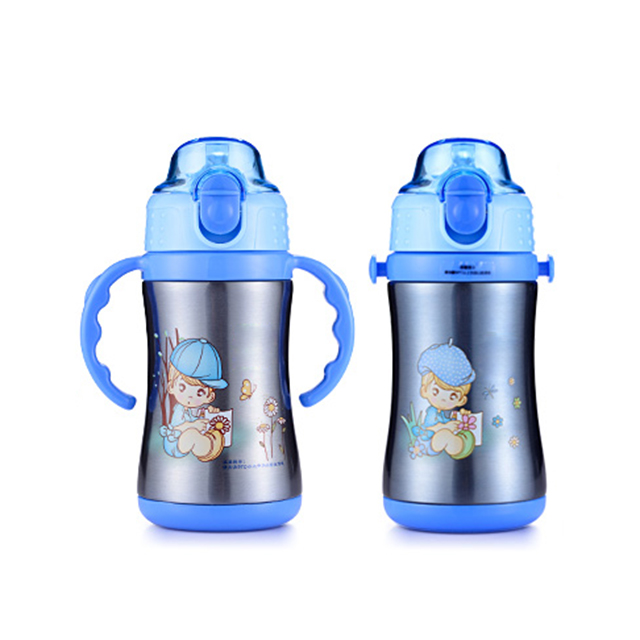why do vacuum flasks implode
A thermos, also known as a thermos or thermos, has become an essential accessory for many, especially those who love to sip a hot cup of coffee or sip a refreshing cold water on the go. But have you ever wondered why these seemingly solid containers sometimes explode unexpectedly? In this blog, we’ll delve into the fascinating world of thermos bottles and explore why they occasionally implode.
The scientific principle of the vacuum flask:
To understand why thermoses implode, we must first understand how they work. A thermos consists of an inner and outer layer made of glass, plastic or stainless steel with a vacuum-tight space in between. This space is critical because it prevents heat transfer, keeping the contents hot or cold for extended periods of time.
Reasons behind the implosion:
1. Extreme temperature fluctuations:
One of the common causes of a thermos exploding is exposing it to sudden temperature changes. When you pour hot liquid into the flask, the inner glass expands due to the increased temperature. Likewise, if you add cold liquid, the inner glass will shrink. While thermos bottles are designed to withstand these changes, extreme fluctuations can create pressure that can crack the delicate inner layer and cause it to implode.
2. Manufacturing Defects:
Poorly manufactured or defective thermoses are also prone to implosion. Improper sealing or structural defects in the inner layer during production can result in a compromised vacuum, which can cause an implosion under normal use conditions.
3. Physical damage:
Accidents happen, and thermoses are not immune to being dropped, bumped, or subjected to considerable physical force. Even a small crack or shatter in the glass can change the internal air pressure, increasing the likelihood of an implosion. It is critical to handle these flasks carefully to avoid any potential damage that could lead to implosion.
Prevent implosion:
1. Select the quality:
Investing in a high-quality thermos from a reputable brand can significantly reduce the risk of implosion. Make sure the flask is well constructed and constructed of durable materials.
2. Avoid extreme temperature changes:
To minimize the chance of implosion, it is recommended to preheat or precool the flask before adding hot or cold liquids. This gradual temperature change will help maintain the stability of the vacuum seal.
3. Regular maintenance:
Check your thermos regularly for any signs of damage, such as cracks or leaks. If any defects are found, it is best to replace the flask to prevent implosion and ensure your safety.
Thermoses provide us with the convenience and luxury of enjoying our favorite beverages at just the right temperature, but they’re not invincible. Understanding the reasons behind implosions can help us take preventive measures to ensure the longevity of our flasks. By avoiding extreme temperature changes, choosing quality products, and handling them carefully, we can continue to enjoy hot coffee and iced beverages without fear of implosion.
